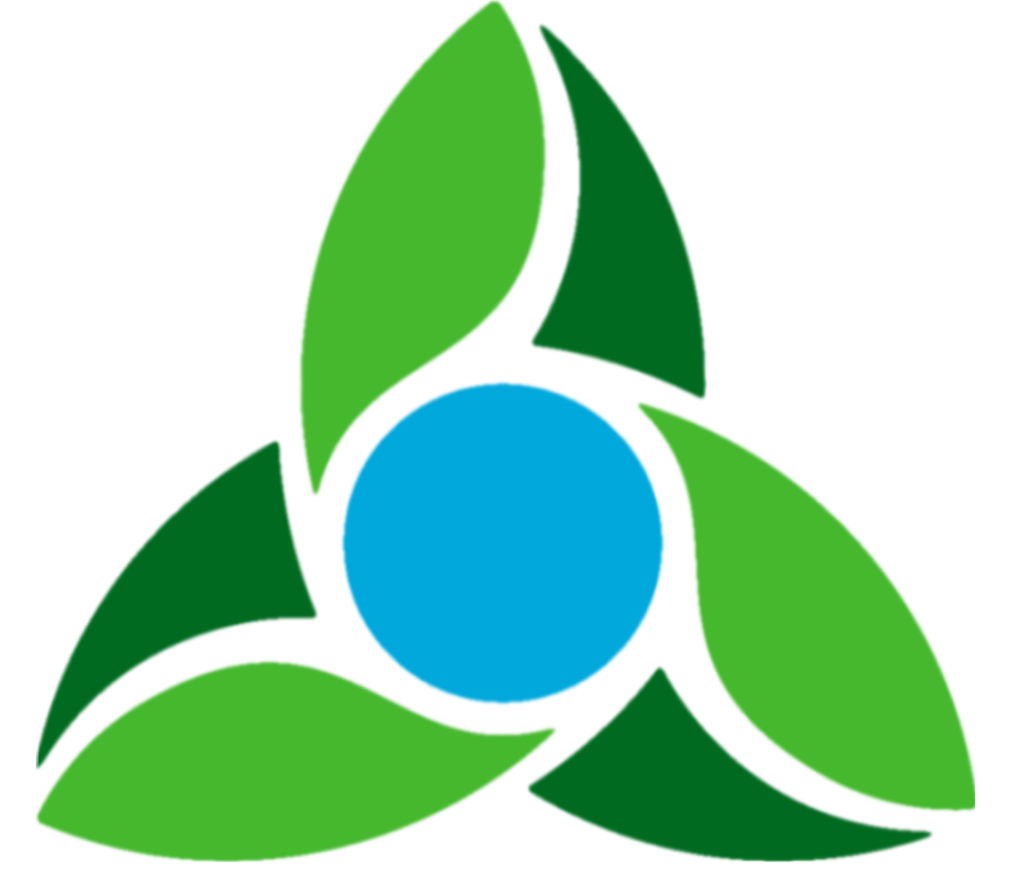“Make preparations in advance – you never have trouble if you are prepared for it ”
Local Energy Generation (LEG), a group of concerned individuals promoting renewable energy and energy efficiency in South Western Wisconsin, was awarded a Department of Energy grant through the Solar In Your Community Challenge. The original focus of the LEG group within the Solar In Your Community Challenge was the advancement of solar energy within the community. However, following the catastrophic flooding of August 2018, the LEG team looked for ways to leverage the DOE grant to support community resilience as well as solar energy. Ultimately, through this grant, the LEG team engaged paleBLUEdot, a Minnesota Climate, Sustainability, and Renewable Energy consultancy. This first report provides an overview of “community resilience” within the Village of La Farge.
Need for Resilience
Weather and climate shape our economy. Temperature impacts everything from the amount of energy consumed to heat and cool homes and offices to the ability for some workers to work outside. Temperature and precipitation levels not only determine how much water we have to drink, but also the performance of entire economic sectors, from agriculture to recreation and tourism. Extreme weather events, like tornadoes, hail storms, droughts, and inland flooding can be particularly damaging. In the last ten years alone, extreme weather events have cost Wisconsin and the Midwest $96 billion in damage and resulting in 440 deaths. (NOAA National Centers for Environmental Information).
Strengthening community resilience is rooted in an on-going assessment of potential vulnerabilities, anticipating potential climate impacts, development and implementation of strategies to address those vulnerabilities, and in communication and outreach to the members of the community.
Recent Resilience Challenge in La Farge
Record-setting rainfall of 6-12 inches (and more in a few areas) along the headwaters of the Kickapoo River near and north of Ontario, Wisconsin produced a major flood down the entire span of the river between August 28th and 30th, 2018. In most areas, this flood exceeded the previous record flood of June 9-10th, 2008, with new flood crest records being established in many areas. The exact level of river crest was not known for many days as the river gauges failed during the flood. According to the USGS, the river ultimately crested at a new record level of 19.42' on August 28th - over 3 ½ feet higher than the previous record flood level in 2008.
According to then Governor Walker, these storms caused at least $208.7 million in damage, including $98.2 million in damage to homes, $40.8 million to businesses and $69.6 million to public infrastructure. The Village of La Farge was left without power for 52 hours - posing additional risks to the community such as the ability to maintain emergency services and vital community resources such as medicines stored at the community clinic which require refrigeration.
Resilience is more than disaster preparidness
Why is resilience different than being prepared for disasters (e.g., getting supplies and having emergency plans)? Resilience is a way of linking disaster preparedness with all of the other activities that help a community flourish, socially and economically. The idea is that healthy communities can respond to and recover far more quickly from any type of disaster—big or small. See chart to the right.
The Report
Below is the Overview of Community Resilience of the Village of La Farge Wisconsin:
Next Steps
We recommend that the Village of La Farge conduct and develop a Community Resilience Plan. This effort should focus on refining and applying the adaptation strategies included in this report to the specific geographic features, habitats, Village infrastructure, and Village neighborhoods with higher concentrations of residents and critical infrastructures most vulnerable. An implementation planning effort should focus on a community outreach process to develop support for the finalized strategies as well as to begin the process of developing public awareness and engagement in implementing the final resilience strategies.


